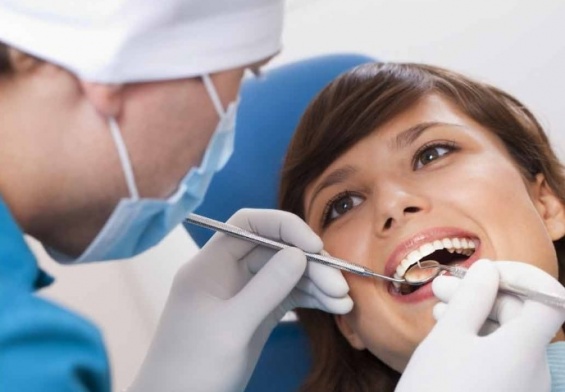If eating your favorite foods causes you severe discomfort, then it’s time to visit your dentist. Many American’s suffer from tooth decay and they are completely unaware. Improper dental care will ruin your teeth and cause pain. If you are someone who is generally good about taking care of your teeth, there are still a few things to know. In fact, there are certain foods that may increase your chances of tooth decay. Here you will learn strategies to avoid tooth decay.
What is Tooth Decay?
In order to avoid tooth decay it’s important to know a few things about it. Tooth decay is the result of acidic bacteria that creates a weakness in tooth enamel. A buildup of plaque, causes tooth decay. Plaque has bacteria that will eat through the enamel and will form a cavity. In some cases, the cavity created by plaque eats all the way through the middle layer called dentin and even to the center called pulp.
8 Steps to Prevent Tooth Decay
- Brush Twice a Day
If you brush your teeth once in the morning and once in the evening, this will prevent plaque from building on your teeth overnight.
- Eat Healthier Food
This may sound simple, but just cutting down on the amount of junk food you consume will significantly reduce your chances of getting cavities. Most snack foods are filled with sugar and this turns into plaque buildup.
- Visit the Dentist Regularly
Going to the dentist every 2 years isn’t enough. Even if you’ve never had a cavity, not going to the dentist can be a detriment to your oral health. There can be hidden signs of tooth decay that only a dentist can view during an appointment.
- Drink More Water
By drinking water you are keeping your mouth well hydrated and this will flush bacteria causing plaque away from the enamel.
- Cut Down on Repeated Snacking
Some people have bad habits of sucking or chewing on hard candies frequently throughout the day. This will coat sugar on your teeth and create a layer of plaque. Other snacks like potato chips, fruit snacks, cookies, and roasted nuts are filled with sugar. By constantly consuming food you are not giving your mouth needed time to rehydrate with saliva and wash plaque away.
- Use Fluoride Mouthwash
The American Dental Association, ADA has conducted many studies that have proven the oral health benefits of fluoride mouthwash. Fluoride is found in many public water supply facilities, but additionally using fluoridated mouthwash is beneficial to keeping plaque from sticking to teeth.
- Floss Daily
Flossing daily will remove plaque that gets stuck in between teeth. The longer plaque stays on teeth the more likely there will be a cavity.
- Don’t Eat or Drink Directly After Brushing
Give your teeth a break after brushing, flossing, or mouthwash. This gives your mouth enough time to replenish saliva and allows the fluoride enough time to create a protective barrier against plaque.
How Fluoride Can Prevent Tooth Decay
The ADA has proven that fluoride reduces your risk of tooth decay. Fluoride has done such a great job of preventing tooth decay. In fact, after most cities in the US added public fluoridation there was a 25% decrease in cavities. The Center for Disease Control and Prevention has stated that adding public fluoridated water was one of the top 10 public health successes of the 20th century. Interestingly, fluoride is naturally found in oceans and groundwater. This has made fluoride accessible for use in toothpaste, water, and mouthwash.
Smoking Increases Risk of Tooth Decay
Smoking is an overall bad habit for dental hygiene. Tartar and plaque combined with tobacco will rapidly damage tooth enamel. For frequent smokers, tobacco will impact the tooth beyond the dentin and even reach to the pulp. The irreparable damage caused by smoking will multiply your risk for oral cancer. Aside from tooth decay caused by smoking, the appearance of your teeth is less than stellar. Tobacco will stain teeth a yellow or brown color. If that’s not bad enough, you could develop gum disease after prolonged exposure to tobacco, which is the leading cause of tooth loss.


